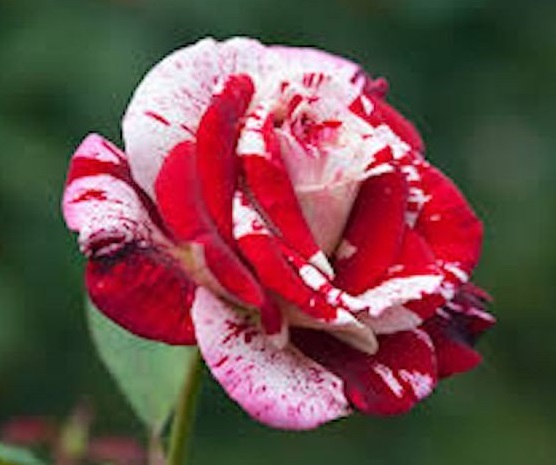FWP:
SETS == DOUBLE ACTIVATION; EXCLAMATION
VOWS: {20,2}
What makes this a verse of 'double activation' is that both meanings of muqaddar are independently and conspicuously brought into the verse:
=Its meaning of (auspicious) fortune or destiny is strongly linked to t̤ālaʿ in the first line (see the definition above).
=Its meaning of 'implied, understood' makes it an exact opposite of 'mentioned' [mażkūr] in the second line.
=It is actually defined in the second line: what else is something 'implied', but something 'that is not mentioned' [jo mażkūr nahīñ]?
=It joins with 'mentioned' to form a pair that occupies the whole verse, which could well be called a verse of implication. After all, what does happen in the verse? The lover hears one thing that is 'mentioned' (a stroll in the garden), and instantly, confidently deduces another thing that is not mentioned but is 'implied' (his murder).
Clear evidence of all this impliedness and non-explicitness is how differently the commentators themselves interpret the 'implications' of the verse. For Nazm, the beloved is, by promising the lover a favor so huge it's unimaginable that she would grant it, implying that she will kill him instead; for Bekhud Dihlavi, it's her admiration for the flowers that will kill the lover with jealousy; for Bekhud Mohani, the beloved is announcing her plans to stage a spectacle of red blood and swaying, writhing forms by killing him, since that's what she means by a stroll in the garden (as in {8,3}).
I like Bekhud Mohani's reading best, and he also supports
it with two very apposite verses. But what I really like is the cleverness
with which muqaddar and mażkūr
deftly, unobtrusively, shape not only the affinity
patterns in the verse, but even its semantic content, with the latter embedded
in a definition of the former. In such a small space, Ghalib gives us several
quite different forms of patterning to enjoy. What can you say of such a poet,
except ḳhvushā !

Nazm:
That is, she promised to enjoy the spectacle of tulip and rose. From that I realized that she will slay me. How could it be vouchsafed to me that truly she would, in my presence, take a stroll through the garden? It's not strange that instead of the good news of slaying, she would have said the good news of union. (105)
== Nazm page 105